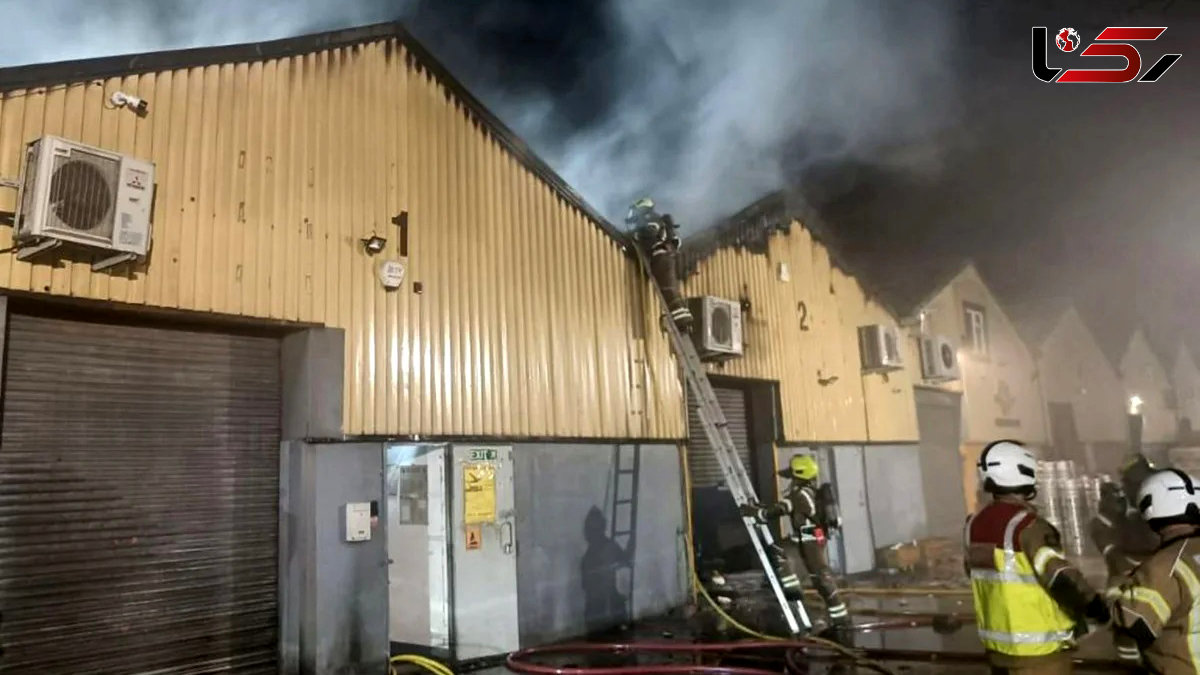Ex-MI5 Head: UK Faces a Hidden War With Russia
Rokna Political Desk: A former head of MI5 has warned that Britain may already be at war with Russia, citing escalating cyberattacks, sabotage, and other hostile actions by Moscow.

According to Rokna, citing The Guardian, Britain could already be engaged in a form of war with Russia due to the scale and severity of cyberattacks, sabotage, and other hostile operations orchestrated by Moscow, according to a former head of MI5.
Eliza Manningham-Buller, who directed the UK’s domestic security agency two decades ago, said she agreed with the assessment of Russia expert Fiona Hill, who told The Guardian earlier this year that Moscow was effectively at war with the West.
Lady Manningham-Buller said the situation had evolved “since the invasion of Ukraine and from what I read about the Russians’ activities here – sabotage, intelligence gathering, assaults, and the like.”
Speaking on a podcast with Lord Speaker John McFall, she referred again to Hill, who had advised Donald Trump during his first term as U.S. president and co-authored the UK’s Strategic Defence Review.
“I think she may well be right in saying we’re already at war with Russia. It’s not a conventional war, but the level of hostility, cyber intrusions, physical attacks, and intelligence activity is extensive,” Manningham-Buller stated.
Earlier this year, six Bulgarian nationals living in Britain were sentenced for their roles in a spy network carrying out hostile surveillance across Europe, while five others were convicted for an arson attack on a warehouse supplying Ukraine – an operation ordered by Moscow.
Pat McFadden, then serving as Cabinet Office minister, warned last year that Russia had intensified its cyber operations against the UK, with hackers targeting numerous British firms. While tracing the origin of such attacks can take time, many were believed to have stemmed from Russia.
Britain’s NATO partners in Eastern Europe have also faced Russian provocations, including Poland, where 19 unarmed Russian drones recently crossed into its airspace.
During Manningham-Buller’s leadership of MI5 from 2002 to 2007, there had once been hope that Vladimir Putin’s Russia might avoid returning to Soviet-style confrontation and instead move toward partnership with the West. She even met Putin in London in 2005 after a G8 summit in Scotland.
At the time, Lord McFall suggested Putin was trying to present a “pleasant face” to Western leaders. Manningham-Buller replied: “I wouldn’t quite call him that. I didn’t expect that within a year he would authorize a murder on the streets of London [Alexander Litvinenko], but I did find him rather unpleasant.”
Litvinenko, a former FSB officer who lived in London, was fatally poisoned with radioactive polonium in 2006. A public inquiry later concluded two Russian operatives were responsible and had probably acted under Putin’s direct orders.
Manningham-Buller also criticized the sharp cuts to aid spending by both the UK and the U.S., arguing that they created openings for China to expand influence in developing nations.
She recalled being struck by the effectiveness of U.S.-funded HIV treatment programs in Africa, which she observed while serving as director and later chair of the Wellcome Trust after leaving MI5.
“You could visit a very basic hospital where patients were lying on pallets, but the Aids wing funded by George W. Bush was on an entirely different scale,” she said. “For the Americans to stop all that, and for us to slash our own aid, leaves the field open for your friendly Chinese diplomat.”
“If we step back, they can step in, because they have a strong economic foundation. Soft power – whether through the BBC World Service, overseas aid, or mine-clearing – is vital to our global influence, alongside its humanitarian importance,” she added.
Send Comments